10 Disadvantages Of Coconut Water You Should Be Aware Of
Watch out for the ill effects this tropical drink can have if consumed in excess.
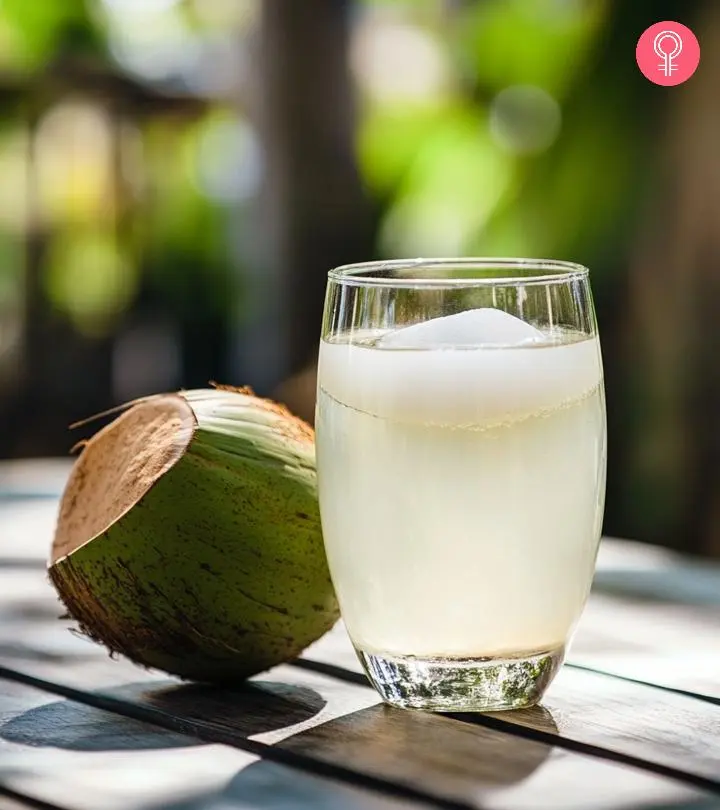
Image: Midjourney/ StyleCraze Design Team
Coconut water is known as the ‘Magic Drink’ or ‘Nature’s Drink’ due to its countless health benefits. However, a few disadvantages of coconut water might make you reconsider consuming it.
Overconsumption of coconut water may lower your blood pressure, cause an electrolyte imbalance, or act as a laxative. Consequently, it is important to be aware of all the effects of overindulging in this beverage.
This article examines the side effects of coconut water. Take a look below.
 Know The Flip Side: Coconut Water
Know The Flip Side: Coconut WaterShort-Term Effects
Diarrhea, upset stomach, nausea, vomiting, and an irregular heartbeat,
Long-Term Effects
May lead to an increase in potassium levels in the blood, which can be dangerous for people with kidney problems.
Drug Interactions
May interact with antihypertensive drugs, which are taken to lower blood pressure.
When To See A Doctor
If you experience adverse effects such as sweating, nausea, and vomiting, seek medical attention immediately.
In This Article
Disadvantages of Drinking Too Much Coconut Water
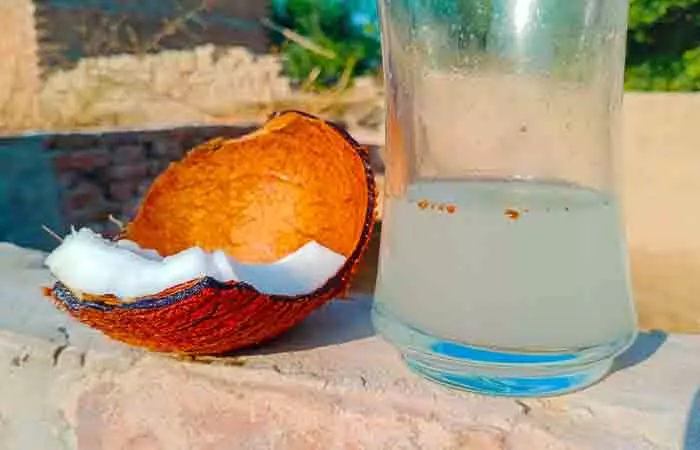
Drinking too much coconut water may cause several adverse effects. Melissa Hooper, Registered Dietitian and Nutritionist, says, “The extra calories from the sugar could contribute to weight gain if they are not balanced out with other foods and drinks consumed throughout the day. The natural sugar content can also lead to dental caries if you are not diligent in brushing your teeth daily. Also, due to its natural sugar content, if you have diabetes, drinking excess coconut water could lead to increased blood sugar levels.”
1. May Lead To Diarrhea
Too much coconut water consumption can be dangerous. One of the significant disadvantages of coconut water is its potential to act as a natural laxative when consumed in large quantities, which can lead to digestive discomfort or diarrhea (1). Since coconut water is a natural laxative, it might not be suitable for some people who have problems with their bowel movements. Hence, care should be taken before consuming a large amount of coconut water.

2. Is Not The Ideal Drink For Athletes
In case you prefer coconut water for getting rid of dehydration immediately post workout, then you rather drink plain water. Because the amount of sodium plain water contains is unarguably more than that present in coconut water. And hey, it is sodium that aids rehydration, right?
Also, when compared with certain sports energy drinks, coconut water is way low in carbohydrate content. Coconut water just contains one-tenth the sodium when compared with other sports drinks (2).
2. May Not Be Good For People Vulnerable To Allergies

Some of us do have allergies. We might be allergic to certain food items and ingredients and hence, we refrain from consuming them. Similarly, coconut water might cause allergic reactions in certain people who are allergic to it.
Coconut is basically a tree nut. Hence, certain people who consume coconut water might be prone to tree nut allergies as well as other forms of allergy. Coconut water should be kept away from people who are prone to allergies. A study, published in The Journal of Allergy and Clinical Immunology in 1999, reported two rare cases of severe allergic reactions to coconut in people allergic to tree nuts. The researchers found that certain coconut proteins are similar to proteins in walnuts, causing the immune system to overreact due to cross-reactivity. These coconut proteins, which are part of the legumin-like seed storage group, were identified as the likely triggers. While the reactions were serious, the study emphasized that coconut allergies in people with tree nut allergies are very uncommon, so avoiding coconut is generally unnecessary for most tree nut-allergic individuals (3).
4. Possesses Diuretic Properties
This is another disadvantage when you consume too much coconut water. Coconut water has diuretic properties (1). This means too much of its consumption might require you to take a break and visit the loo a number of times. Although a mild amount of coconut water has hydrating properties, too much of its consumption can be unhealthy.
Melissa Hooper says, “Drinking coconut water at night could elevate blood sugar for people who have diabetes and increase urination, disturbing their sleep due to the constant need to make trips to the bathroom overnight.”
5. Might Cause Electrolyte Imbalance

The high potassium content of coconut water is one reason it is a wonder drink. But then, the very same reason can make coconut water fatal if consumed in excess.
The disadvantages of coconut water can extend to individuals with kidney problems, as its high potassium content may lead to serious health issues like hyperkalemia. In a specific case, a man had spent an entire day playing tennis in 90 degree Fahrenheit weather. He happened to consume a whopping 88 ounces of coconut water, which resulted in a condition called hyperkalemia, eventually leading to a serious condition (4).
Hyperkalemia causes weakness and lightheadedness, and within minutes the victim might lose his consciousness.
6. May Increase Blood Sugar Levels In Some

Coconut water may not fall under sugary drinks but still it does contain carbohydrates and calories. People with high blood sugar should not drink more than 1 glass a day. However, more research is warranted in this regard.
Also, going for immature green coconuts is better for those with diabetes than the matured ones.
7. May Lower Your Blood Pressure Too Much
Coconut water might lower your blood pressure. A study published in the West Indian Medical Journal investigated the effects of coconut water, mauby, and their combination on controlling high blood pressure. The study involved 28 participants with hypertension, divided into four groups. One group received bottled water (control), another coconut water, the third mauby, and the fourth a mixture of coconut water and mauby, all consumed over two weeks. Significant reductions in systolic and diastolic blood pressure were observed in the groups consuming coconut water (71% and 29%), mauby (40% and 40%), and the mixture (43% and 57%). The combination of coconut water and mauby was the most effective, showing the largest reductions—up to 24 mmHg in systolic pressure and 15 mmHg in diastolic pressure, nearly double the impact of the individual drinks (5). In case you are already taking medications for high blood pressure, it might cause your blood pressure to drop further down. Hence, remember to consult your healthcare provider in such a situation.
8. Might Affect Individuals With Kidney Issues
Those with chronic kidney disease (CKD) are recommended to avoid intake of coconut water. The substantial potassium content in the water may cause hyperkalemia, a potentially fatal condition resulting from a high potassium intake in kidney patients (6). It may reduce ion excretion via the kidneys. It may also interfere with drugs used to slow the progression of CKD or those taken to manage its concomitant conditions, such as diabetes mellitus and heart failure. The likelihood of experiencing sudden death and irregularities in heartbeats also increases (7).
9. Might Cause Flaccid Paralysis
Excessive intake of king coconut water was reported to cause acute flaccid paralysis in an elderly patient. He experienced weakness in his limbs and was unable to walk. Closer inspection revealed kidney dysfunction and high potassium levels (8). Thus, although uncommon, coconut water may cause paralysis in some people.
10. Might Lead To Fatal 3-Nitropropionic Acid Poisoning
Coconuts may be contaminated with the fungus Arthrinium saccharicola, which may lead to life-threatening symptoms. An elderly patient from Denmark experienced sweating, nausea, and vomiting followed by a reduced mental state with confusion, dystonia (involuntary muscle contractions), and poor balance after consuming coconut water. He fell seriously ill, developed encephalopathy (reduction in brain functioning due to toxins), and went into a coma. Subsequently, the condition was shown to be caused by high 3-nitropropionic acid levels in coconut water caused by the fungal contamination. The coconut had been kept on the kitchen table for a month after being purchased, despite the fact that it should have been stored at 4°C to 5°C in the refrigerator (9). Thus, avoid such situations by properly storing your coconuts and coconut water.
If the patient had drunk the coconut water fresh, this situation might not have occurred. This brings us to a crucial aspect that needs to be noted by everyone: Coconut water is to be consumed fresh (10). It should ideally be consumed right after cutting the fruit open.
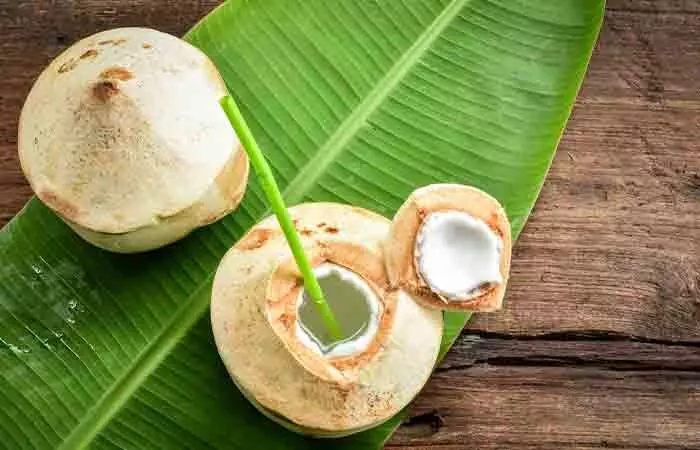
So, to summarize it all, coconut water, while beneficial, can also have some drawbacks. When consumed in excess, it may lead to diarrhea. It may also not be the best choice for athletes and people allergic to tree nuts. The drink may also lead to electrolyte imbalances, act as a diuretic, and increase blood sugar levels. Some may also experience lowered blood pressure and kidney issues due to overconsumption. Lastly, if coconut water is left open for some time, it may lose some of its beneficial nutrients. Coconut water is a wonder drink, yes. It might have many benefits which are virtually absent in other drinks. And talking in terms of health, it probably is the most preferred drink.
 Trivia
TriviaBut that doesn’t mean you can become a sole survivor of coconut water, does it?
The downsides we mentioned might make you think twice but drinking coconut water in moderation can be good for your health. Learn its pros and cons below to know what’s best for you.
Key Takeaways
- Excess intake of coconut water may cause several side effects due to its high calorie and natural sugar values.
- It can be harmful to people with kidney problems due to its high potassium levels.
- The natural sugar content in this drink may pose risks for people managing diabetes or those trying to limit their sugar and carbohydrate intake.
- It may be allergic to some individuals. Consultation with a doctor is advised in case of symptoms.
Pros And Cons Of Tender Coconut Water
Tender coconut water is a natural source of hydration and a refreshing drink. It is rich in electrolytes, vitamins, and minerals (1). Its low-calorie content makes it a favored option for those watching their weight. Anecdotal evidence indicates it may also improve one’s digestive health. In fact, coconut water for weight loss may be an effective addition to a balanced diet.
While research shows that the consumption of fresh coconut products can decrease blood glucose levels and body weight in normal, the naturally occurring sugars in coconut water may be a cause for concern for those monitoring their sugar intake, especially those who are diabetic (11). Also, it is not a budget-friendly choice for regular consumption.
All in all, the choice of drinking tender coconut water might hinge on your specific dietary needs. Here are some practical tips you must keep in mind when consuming coconut water.
Practical Tips
- Consume coconut water in moderation. Limit its intake to one or two glasses per day.
- Choose fresh green coconut water over packaged options, as the latter may contain added sugars and preservatives that diminish its natural benefits.
- Athletes should consider pairing coconut water with sodium-rich snacks or drinks to enhance rehydration and restore electrolyte balance effectively.
- Plain water remains a simple, cost-effective, and universally safe option for staying hydrated without concerns about sugar or potassium levels.
- Explore electrolyte drinks as an alternative, especially if you require rapid sodium and carbohydrate replenishment after intense physical activity.
- Herbal teas can also be a great choice to provide hydration and additional health benefits depending on the ingredients used.
Infographic: When To Avoid Coconut Water?
Coconut water is a refreshing drink. But there are some instances when it’s best to avoid drinking it. Due to its limited availability, short shelf life, and potential contamination, it might not be the perfect daily drink. It may even be expensive depending on your location. Also, coconut water might not go well with certain health issues, especially when it comes to your kidneys and heart.
Check out the below infographic to know when to avoid coconut water. Illustration: StyleCraze Design Team
 Trivia
TriviaCoconut water is a refreshing, hydrating drink. However, if consumed in excess, it can lead to many adverse effects. These include electrolyte imbalances to elevated blood sugar levels. Its diuretic and laxative effects may also cause abdominal discomfort or urination difficulties. Coconut is closely related to tree nuts. Hence, it may cause allergic reactions in individuals sensitive to them. Such individuals must exercise caution and avoid drinking coconut water. Despite these potential issues, coconut water benefits, such as hydration and a boost of electrolytes, can be a great addition to your diet when consumed in moderation.
Frequently Asked Questions
What are the potential allergic reactions to coconut water?
Anecdotal evidence suggests some potential allergic reactions to coconut water may include skin rash, itching, nausea, dizziness, coughing, upset stomach, swelling of the face and throat, and difficulty swallowing.
Does coconut water increase sperm?
Melissa Hooper, RDN, says, “According to research, undiluted coconut water has been shown to increase sperm amount, quality, and motility with continuous consumption, at least for greater than 20 days. Increased sperm quality is due to the high amount of zinc that the coconut water has naturally. Zinc is essential in sperm formation, and therefore, consuming enough zinc will have a positive effect on sperm. Research also showed that coconut water didn’t disturb the pH of sperm, which helps to increase motility.”
Is drinking coconut water every day bad for you?
No, drinking coconut water every day in moderation is beneficial for your health.
How much coconut water per day is safe?
It is best to drink no more than 2-3 glasses of coconut water every day. Drinking above this limit can cause adverse effects.
What does coconut water taste like?
Natural coconut water has a mildly sweet taste with a hint of nuttiness.
How much potassium is in coconut water?
100 g of coconut water contains about 165 mg of potassium (12).
How many calories are in coconut water?
100 g of coconut water contains about 18 calories (12).
Does coconut water increase sperm count?
Some animal studies suggest that coconut water may improve sperm count and motility and reduce any associated abnormalities (13). However, more research on humans is warranted.
Is coconut good for fatty liver?
Research on the efficacy of coconut water in treating fatty liver is limited. However, some animal studies suggest that coconut oil may help reverse nonalcoholic fatty liver disease by improving good cholesterol levels (14).
Illustration: Disadvantages Of Coconut Water You Should Be Aware Of

Image: Stable Diffusion/StyleCraze Design Team
Uncover the lesser-known side of coconut water in a thought-provoking video. Explore the disadvantages that may surprise you, shedding light on the potential drawbacks of this popular beverage. Stay informed and make informed choices!
References
Articles on StyleCraze are backed by verified information from peer-reviewed and academic research papers, reputed organizations, research institutions, and medical associations to ensure accuracy and relevance. Read our editorial policy to learn more.
- Coconut Water: An Unexpected Source of Urinary Citrate
https://www.ncbi.nlm.nih.gov/pmc/articles/PMC6236775/ - Rehydration with sodium-enriched coconut water after exercise-induced dehydration
https://pubmed.ncbi.nlm.nih.gov/17883020/ - Systemic allergic reaction to coconut (Cocos nucifera) in 2 subjects with hypersensitivity to tree nut and demonstration of cross-reactivity to legumin-like seed storage proteins: new coconut and walnut food allergens
https://pubmed.ncbi.nlm.nih.gov/10359903/ - Death by Coconut
https://www.ahajournals.org/doi/full/10.1161/CIRCEP.113.000941 - The control of hypertension by use of coconut water and mauby: two tropical food drinks
https://pubmed.ncbi.nlm.nih.gov/15892382/ - Hyperkalemia
https://www.ncbi.nlm.nih.gov/books/NBK470284/ - Hyperkalemia in chronic kidney disease
https://pubmed.ncbi.nlm.nih.gov/31939533/ - Acute Ascending Flaccid Paralysis Secondary to Multiple Trigger Factor Induced Hyperkalemia
https://www.ncbi.nlm.nih.gov/pmc/articles/PMC5996444/ - Fatal 3-Nitropropionic Acid Poisoning after Consuming Coconut Water
https://www.ncbi.nlm.nih.gov/pmc/articles/PMC7774558/ - Rehydration after exercise with fresh young coconut water carbohydrate-electrolyte beverage and plain water
https://pubmed.ncbi.nlm.nih.gov/12056182/ - Diet enriched with fresh coconut decreases blood glucose levels and body weight in normal adults
https://www.researchgate.net/publication/323318586_Diet_enriched_with_fresh_coconut_decreases_blood_glucose_levels_and_body_weight_in_normal_adults - Coconut water unsweetened
https://fdc.nal.usda.gov/fdc-app.html#/food-details/1100594/nutrients - Consumption of Coconut (Cocos nucifera L.) Water Improved Fertility Parameters in Male Wistar Rats
https://www.researchgate.net/profile/Augustine-Airaodion/publication/339051366_Consumption_of_Coconut_Cocos_nucifera_L_Water_Improved_Fertility_Parameters_in_Male_Wistar_Rats/links/5e3ac68e458515072d81807d/Consumption-of-Coconut-Cocos-nucifera-L-Water-Improved-Fertility-Parameters-in-Male-Wistar-Rats.pdf - Virgin coconut oil reverses hepatic steatosis by restoring redox homeostasis and lipid metabolism in male Wistar rats
https://pubmed.ncbi.nlm.nih.gov/28862329/
Read full bio of Dr. Pallavi Srivastava
- Melissa Hooper, MS, RDN, is a Registered Dietitian and Nutritionist with over 25 years of experience. She is often called on as an expert for her expansive knowledge in nutrition, diet trends, and the latest updates in the food industry.
 Melissa Hooper, MS, RDN, is a Registered Dietitian and Nutritionist with over 25 years of experience. She is often called on as an expert for her expansive knowledge in nutrition, diet trends, and the latest updates in the food industry.
Melissa Hooper, MS, RDN, is a Registered Dietitian and Nutritionist with over 25 years of experience. She is often called on as an expert for her expansive knowledge in nutrition, diet trends, and the latest updates in the food industry.
Read full bio of Ravi Teja Tadimalla
Read full bio of Arshiya Syeda
Read full bio of Aparna Mallampalli







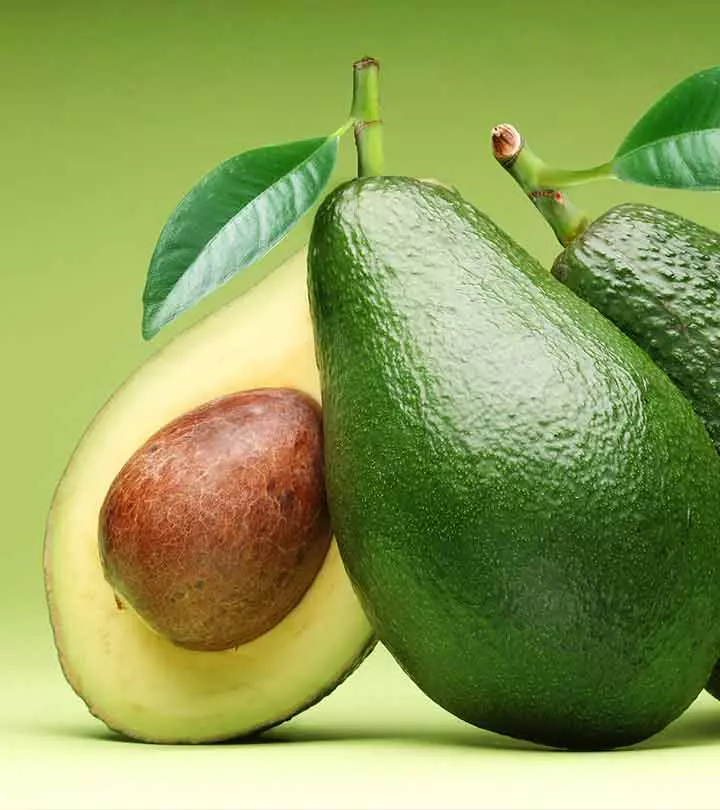
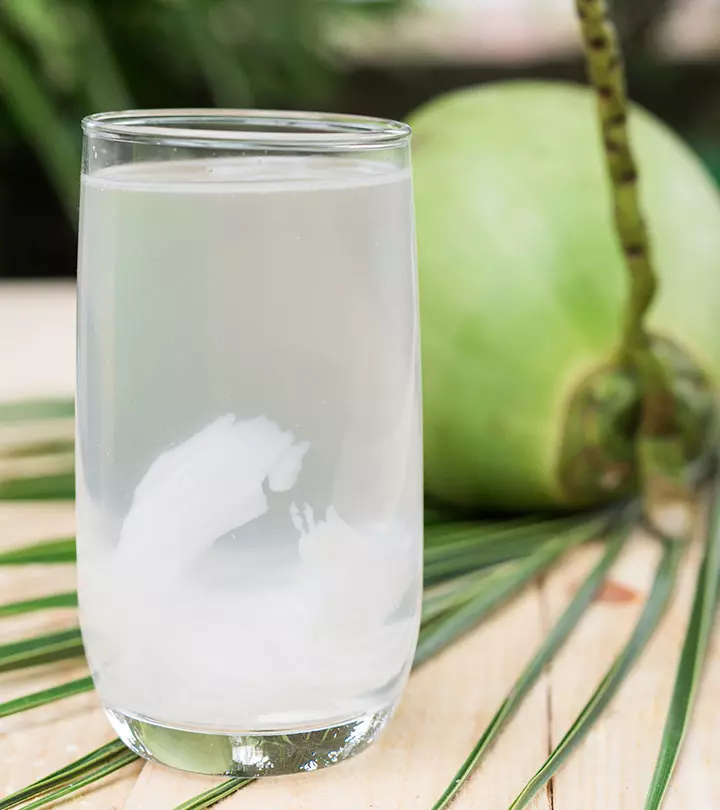
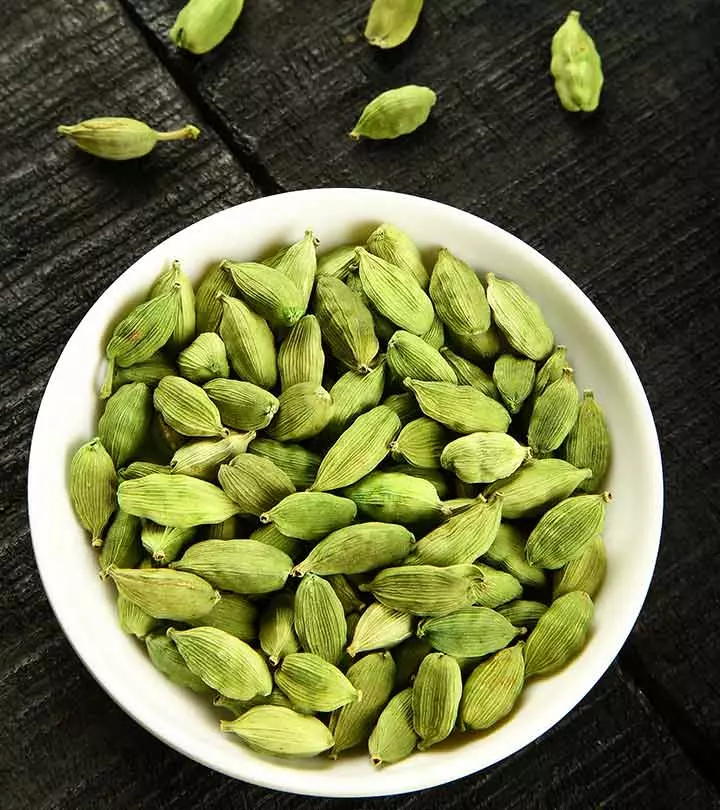


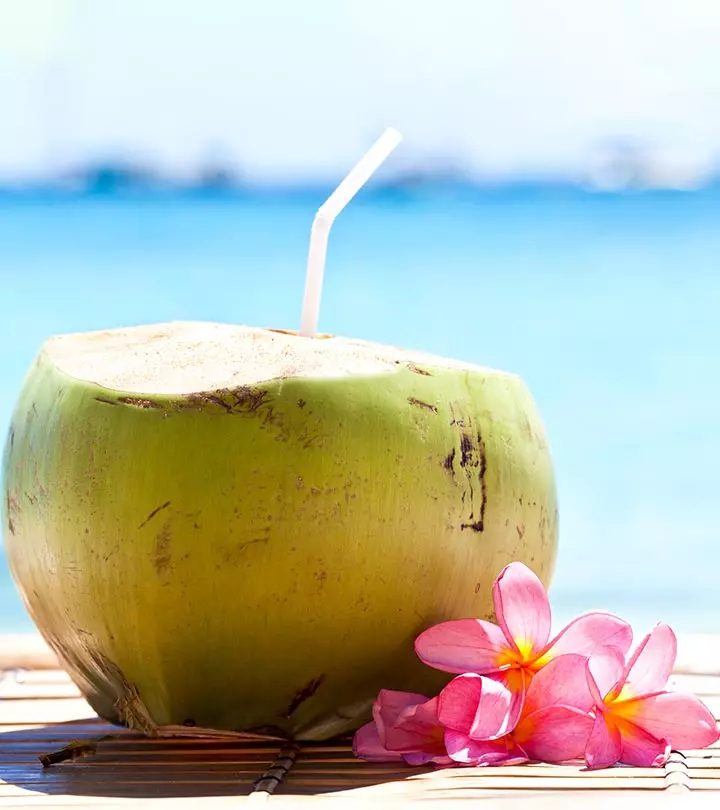
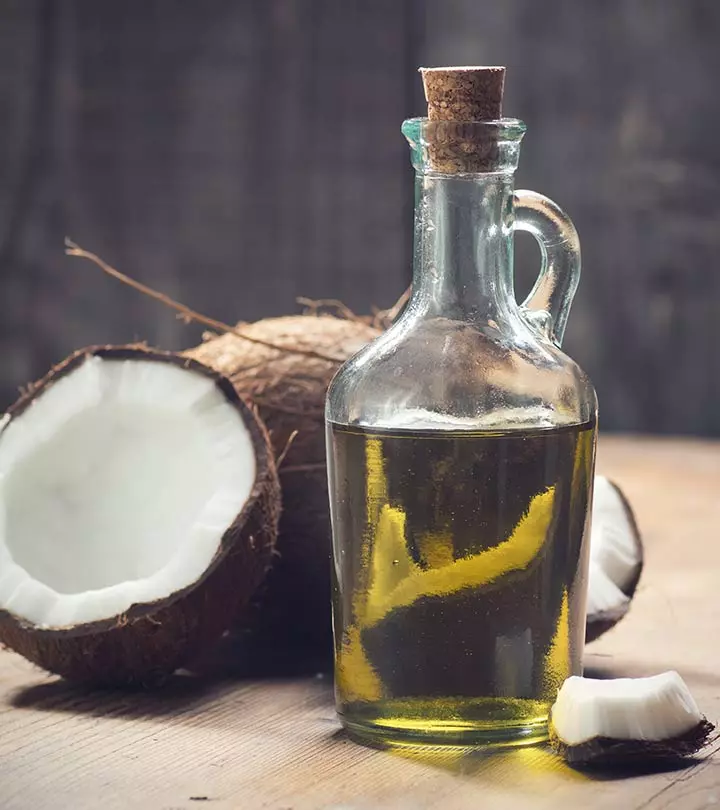



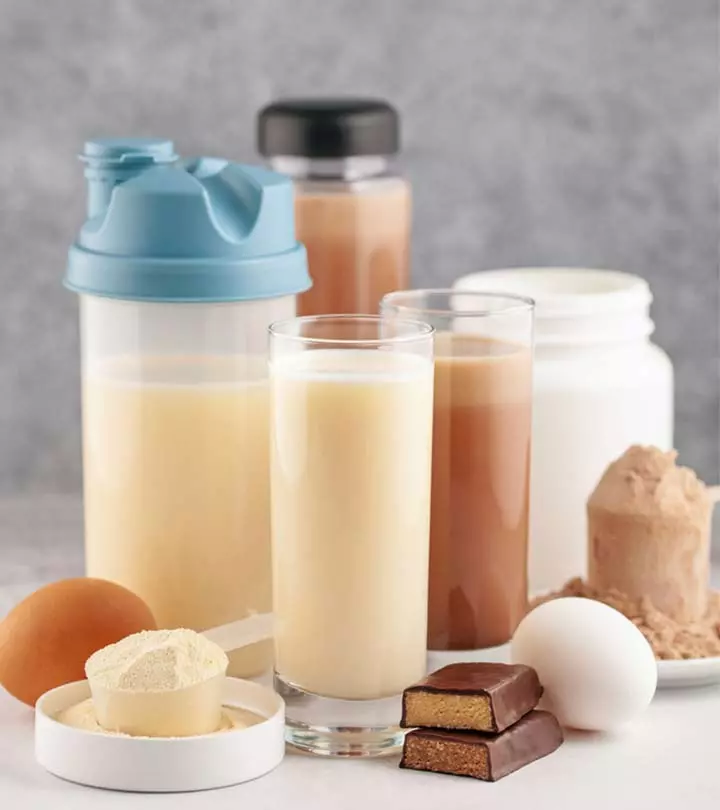
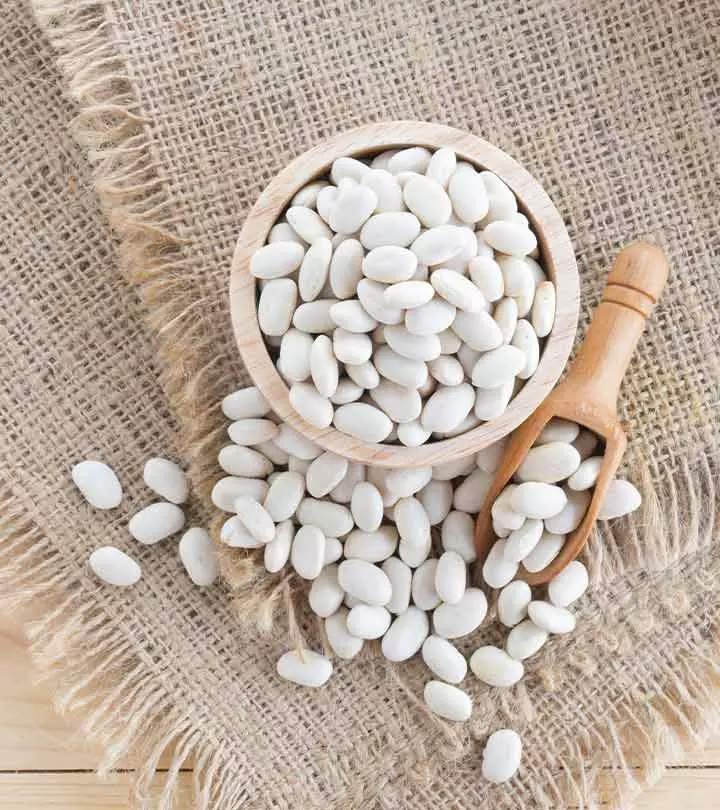
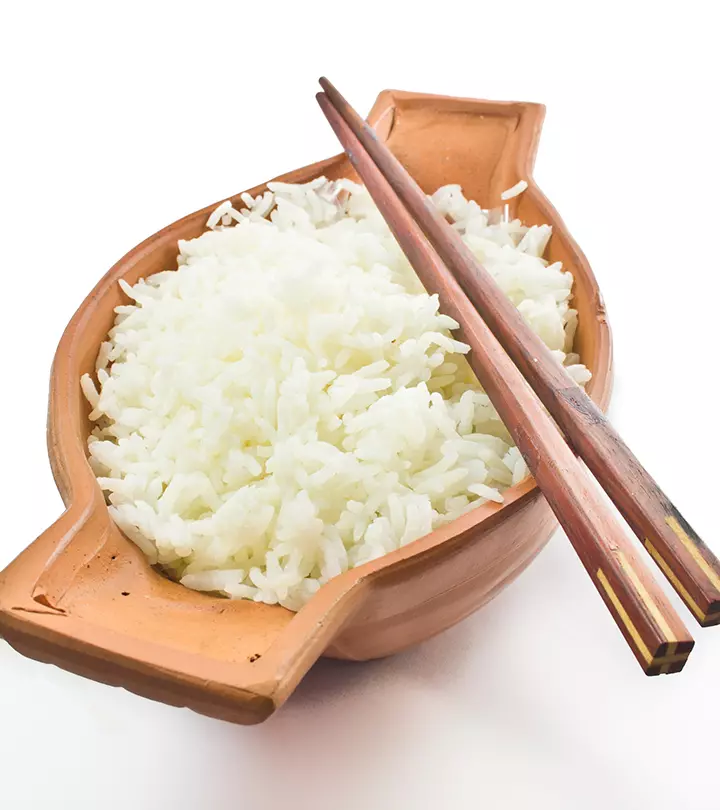
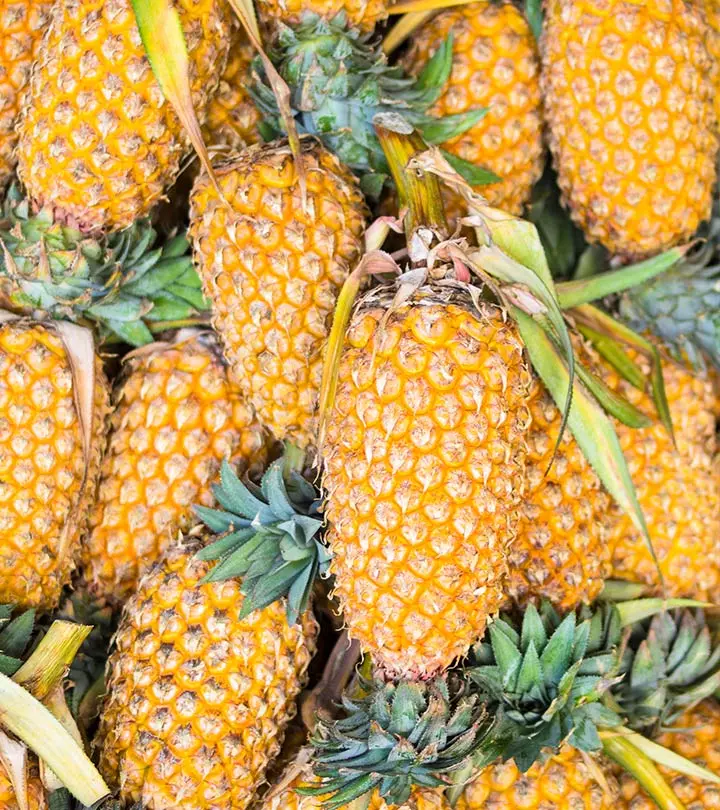


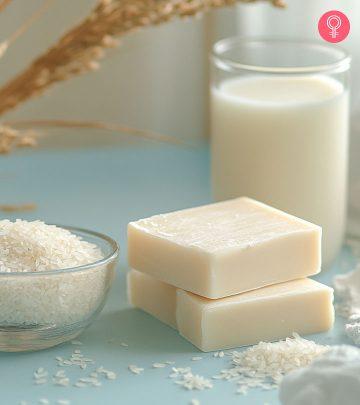

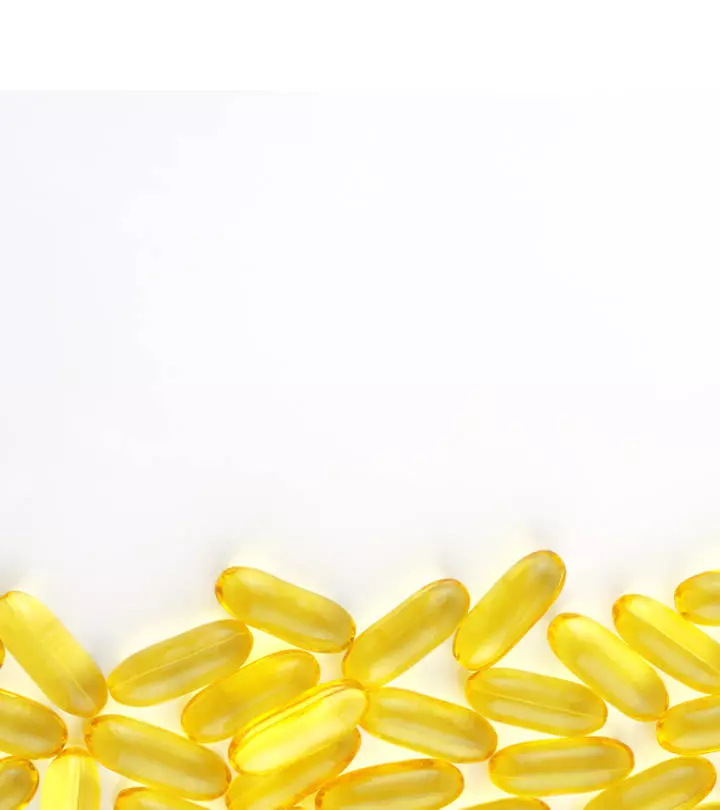
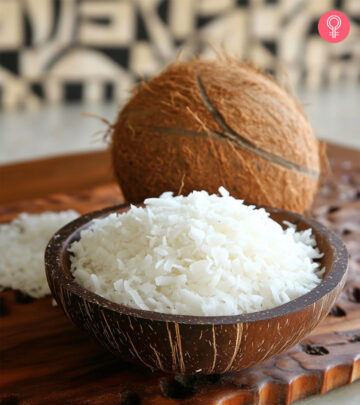

Community Experiences
Join the conversation and become a part of our empowering community! Share your stories, experiences, and insights to connect with other beauty, lifestyle, and health enthusiasts.